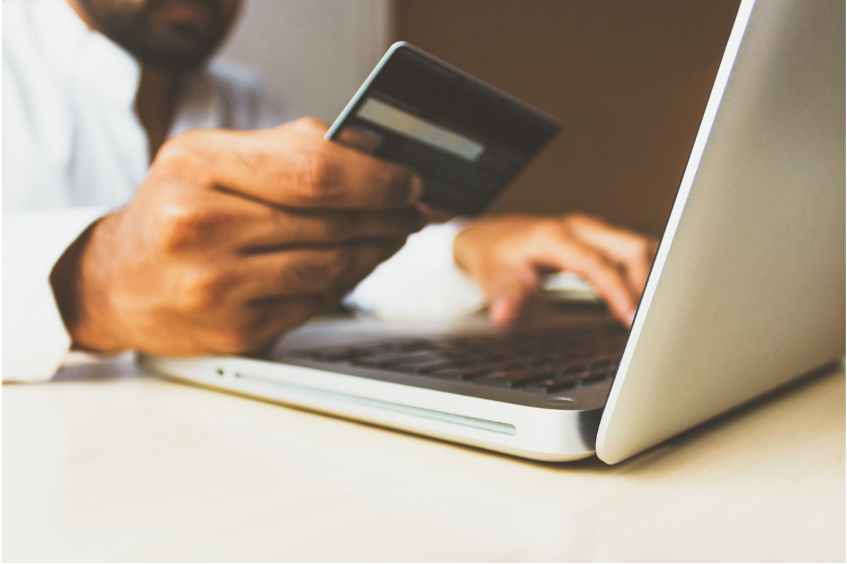‘As a marketplace, you have a huge amount of power. You hold the sellers’ livelihoods in your hands and the consumers’ safety.’
Kate Burns, ex-General Counsel of Not on the High Street, knows marketplaces hold great power over their sellers and consumers but acknowledges, in the main, marketplaces currently don’t take responsibility for what their sellers sell. With regulatory changes underway, such as the Digital Services Act, along with CMA investigations, Kate recognises marketplaces will likely be forced to change. She outlines how difficult regulation could be since there isn’t a one-size fits all model. The tendency is to lump all marketplaces together when in actual fact they’re all so different and could require different models. Central to getting it right, in Kate’s view, is for regulators to fully understand the online platforms to be able trust in the system to adequately address the challenges.
Key Insights
- What do consumers care about?
- What’s important to marketplaces?
- What impact could regulation have?
If you would like to hear more about Kate’s views on the role trust plays in online marketplaces, why not have a listen to the full interview:
Apple - https://podcasts.apple.com/gb/podcast/the-trust-series/id1567413977?i=1000521606624
Spotify - https://open.spotify.com/episode/0mVrwLXJRS1APWDbIPVD59
The following is a short excerpt from Trust in Online Marketplaces featuring conversation between Kate Burns, Catherine McGregor (Management Consultant) and Chris Downie (CEO Pasabi).
Chris Downie: What does trust mean to you and can you give us an example of trust in action?
Kate Burns: I was thinking about trust generally and I think it comes down to confidence. I think on a number of levels that’s buying from a brand you believe in. One particularly important one for me is allowing someone to do a job without micromanaging them. Trusting they’ll do something their way.
I think it’s interesting when it comes to online shopping in relation to trust. Is trust about the price and convenience i.e. I know it’s going to be the right value and I know it’s going to arrive on time? Or does it need to be more than that? Does it need to be about knowing the provenance? Knowing you’re going to get good quality etc. I think in the current world, it’s very easy to lose that second piece, in the slightly faceless internet world where people don’t really think about that side of trust.
Chris Downie: Thinking about your experiences with marketplaces, and the different responsibilities you have towards trust. You have to think about the sellers and consumers. What are the common trust dilemmas you face with the multiple facets of trust and relationships you have to deal with as a marketplace?
Kate Burns: First and foremost as a marketplace you have to realise you hold a massive amount of power - the sellers’ livelihoods in your hands and the consumers’ safety. The sellers trust the marketplace to continue to provide the platform [...] they trust the marketplace to treat them fairly vis-a-vis other sellers - marketing exposure, for example, consistency of decisions. [...] If you’ve got any automation on your platform, algorithms etc., they trust you to ensure that algorithm/automation is operating fairly and isn’t discriminating against anyone.
On the other hand, for consumers it’s about safety. Often marketplaces don’t take responsibility for what their sellers sell and that’s the way the model works currently mostly. [...] Is the product what it says it is? Does it come from where it says it does? Is it good quality? Is it safe?
Catherine McGregor: Obviously people have been much more reliant on online retailing as a result of the pandemic. Do you think that’s amplified trust issues or has it meant for the sheer scale of online shopping any of the trust issues are changing?
Kate Burns: Yeah, I think it has certainly amplified the existing issues of online sales. So, the usual - can you trust the seller? Where do the goods come from? All of that.. Is it the right quality? Can you trust the reviews? Is it the legit product - it’s not a copy or a fake? But I think there are some broader trust issues from the increase in online shopping that certainly as a consumer I think about a lot and actually as a GC of a marketplace I used to worry about a lot if I’m honest. How is the increase in online shopping impacting the broader world?


